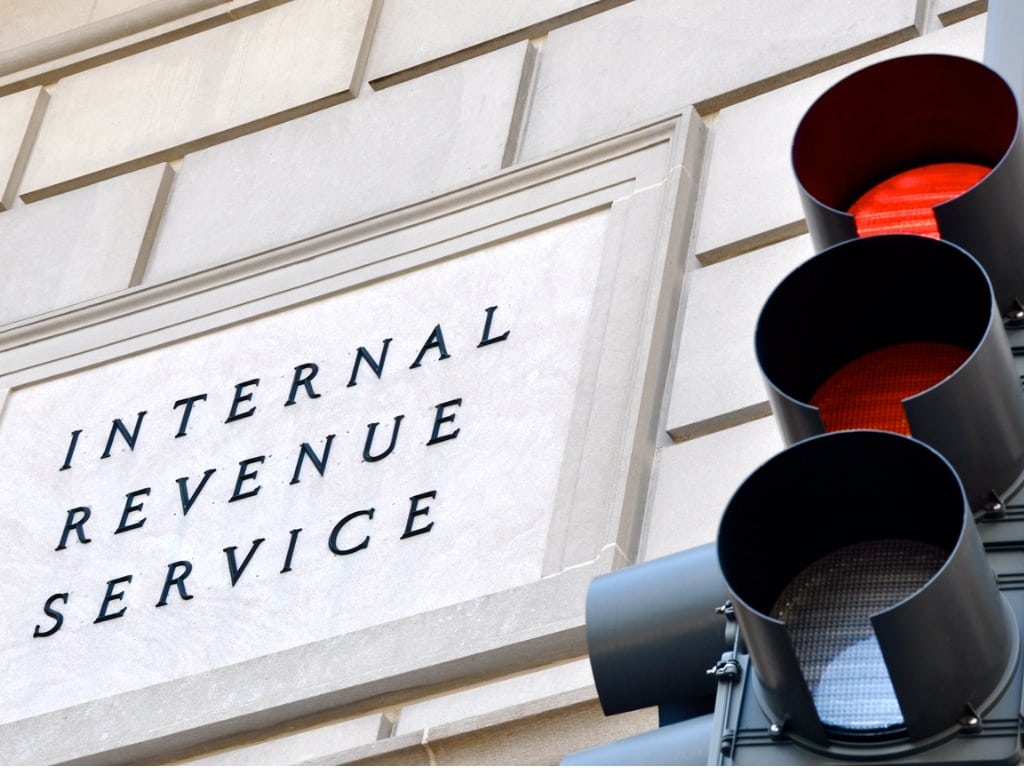On November 29, whistleblower attorneys Dean Zerbe and Stephen M. Kohn announced that a joint client received an IRS whistleblower award of $15.1 million. The anonymous whistleblower provided the IRS with information about a sophisticated tax evasion scheme being carried out by high-wealth individuals.
The whistleblower’s disclosure led to an IRS enforcement action which collected over $71 million that will be returned to the U.S. Treasury.
Kohn and Zerbe are both members of the Tax Whistleblower Attorney Group (TWAG) and have jointly represented a number of tax whistleblowers, including Brad Birkenfeld, the UBS whistleblower who received an award of $104 million from the IRS in 2012.
“Today’s award serves to reinforce that the IRS Whistleblower Program is critical in going after wealthy individuals who are evading tax. The IRS would have struggled significantly in bringing an enforcement action against these tax cheats but for the good work of the whistleblower,” said Zerbe of the law firm of Zerbe, Miller, Fingeret, Frank & Jadav.
Through the IRS Whistleblower Program, qualified whistleblowers, individuals who voluntarily provide original information that leads to a successful IRS action, are entitled to monetary awards of 15-30% of the money collected thanks to their disclosure.
“This award underscores how vital it is for the government to reward tax whistleblowers if the IRS is going to have success in going after wealthy tax cheats,” said Kohn of Kohn, Kohn and Colapinto. “As I’ve seen in my work representing whistleblowers – you have to reward whistleblowers if you want good, knowledgeable information about violations of the law, and especially in the case of tax. Those engaged in tax evasion are purposefully seeking to hide their activities. The best way to expose and uncover tax evasion is by encouraging whistleblowers to come forward.”
“Whistleblower information has been an incredibly effective aid to IRS compliance efforts,” IRS Whistleblower Office Director John Hinman said earlier this year in a statement for National Whistleblower Day. “Since issuing its first award in 2007 through fiscal year 2022, the IRS has paid $1.1 billion in awards to over 2,500 whistleblowers based on the successful collection of $6.6 billion from non-compliant taxpayers.”
While the IRS Whistleblower Program has been an immense success overall, in the past few years the program has been plagued by issues undermining its effectiveness. Long delays and declining award amounts have led to calls for reforms to the program.
“As Congress looks to do more to go after wealthy tax cheats, a top priority must be to pass the bicameral and bipartisan IRS Whistleblower Program Improvement Act of 2023 – sponsored by Chairman Wyden (D-OR) and Senator Grassley (R-IA) in the Senate and Congressman Thompson (D-CA) and Kelly (R-PA) in the House. The bill has important reforms – such as strengthening the rights of whistleblowers in Tax Court as well as encouraging the IRS to make timely awards – that will go far in making a good program even better,” said Kohn.
In a recent article for Bloomberg Tax, Kohn outlined the provisions in the IRS Whistleblower Program Improvement Act and explained how they would bolster the program. The reforms in the bill include the imposition of interest on delayed awards, the removal of budget sequestration for whistleblower awards, the ending of double taxation of attorney fees and the institution of de novo review in award case appeals.
“Although these reforms are technical and non-controversial, they’re essential to the proper functioning of the IRS Whistleblower Program,” Kohn explains.
“While Congress should make much-needed legislative changes to improve the program, it is heartening that the IRS and Treasury are actively considering and implementing reforms to strengthen the whistleblower program. Any efforts to speed up awards, expand partial awards and improve communication with whistleblowers will be most welcome,” said Zerbe.
“In addition, as outlined in the National Whistleblower Center’s letter to Congress on July 25, 2023 about possible reforms to the whistleblower program – the IRS and Treasury should give serious consideration to expanding the basis for providing whistleblowers awards. Too often the IRS is receiving information from whistleblowers that is of value that provides meaningful assistance to the IRS – but are being denied an award because of narrow readings of the statute,” Zerbe continued.
